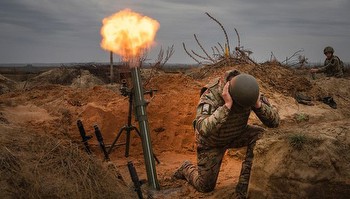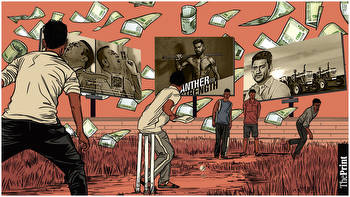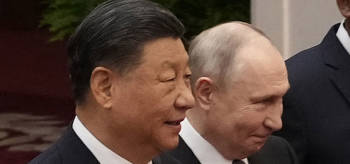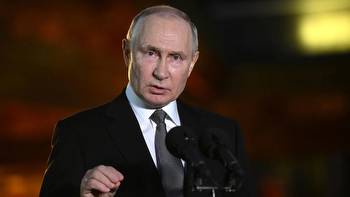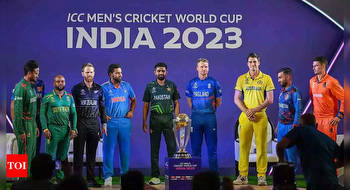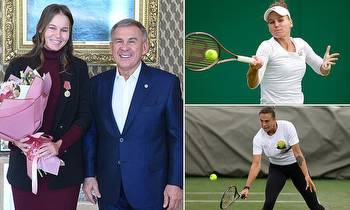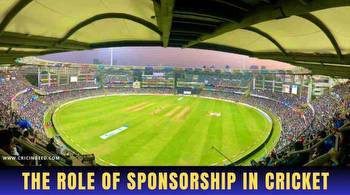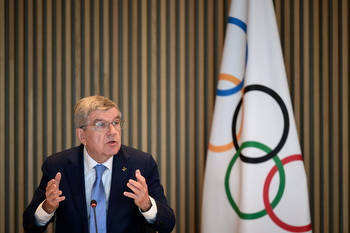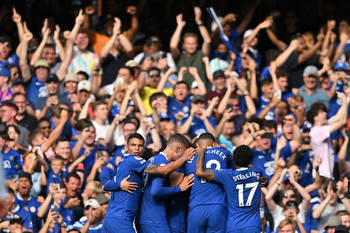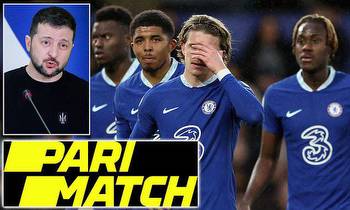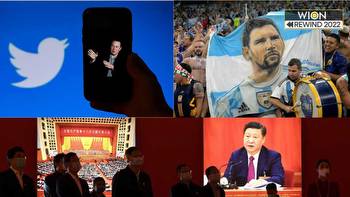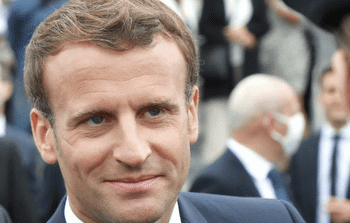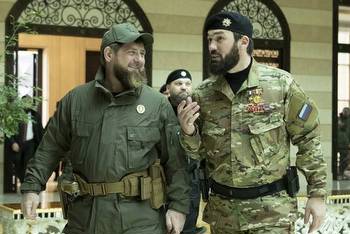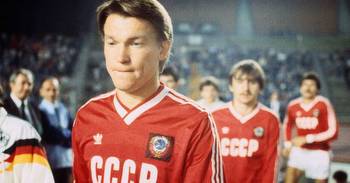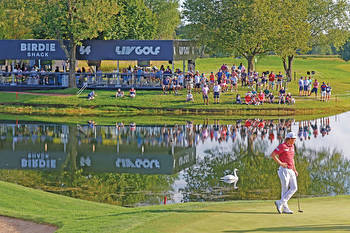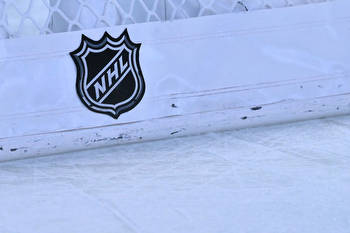How The War In Ukraine Turned The World Of Sport Upside Down
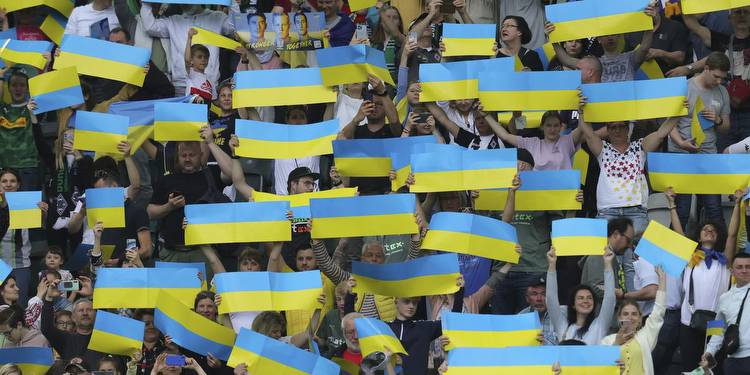
The Ukrainian delegation started its parade during the opening ceremony of the Winter Olympics in Beijing. Vladimir Putin slept. 20 days later, thousands of Russian soldiers crossed the Ukrainian border.
The International Olympic Committee (IOC) has to decide whether to exclude Russian and Belarusian athletes from the Olympic Games or cancel all sports events held in Russia. The sanctions are the strongest since the early 60s. The Beijing Paralympic Games were still ongoing at the time of the Russian invasion.
There are a series of cancellations in sport due to the political situation in Ukraine. FIFA, UEFA and Haas team have cut ties with their main sponsors. The world volleyball championships will not be held in Russia this summer. The Haas Formula 1 team has cut its ties. UEFA ended its partnership with Gazprom. Manchester United cut their ties to Aeroflot and Fonbet. Roman Abramovich has to sell Chelsea F.C. a few months after winning the Champions League.
The conflict in Ukraine has turned the world of sport upside down. Sports authorities suspect Russia of having an institutional doping system. International sanctions have reached such a level that it's difficult to maintain economic links. Advertisers are on the defensive. Augustin Pénicaud, vice-president of Havas Play, says a client wants to sponsor a major athlete and is looking carefully at the share of Russian or Russian-based followers.
The next FIFA World Cup is being held in Qatar in November. Several national team advertising partners have expressed their intention not to communicate during the event. For the emirate country, which relies heavily on sport as a "soft power" tool, this is a real gamble.
The world of sport is beginning to become more politicized. The IOC's premium partners are Chinese. FIFA's is owned by Wanda Group. The brands would be reluctant to forget about a one and a half billion people market. Even for countries that are not considered global powers, the situation is not as simple as it seems. It is possible to create blocks that will confront each other. Many observers believe that sports events organized in countries “that can’t be frequented” have had a beneficial effect.
Russia is probably an exception to the sanctions. Financing sports events is becoming more expensive. The world of sport adapted to its level of income. If similar sanctions were ever implemented for another country, perhaps the world would consider doing the same.

